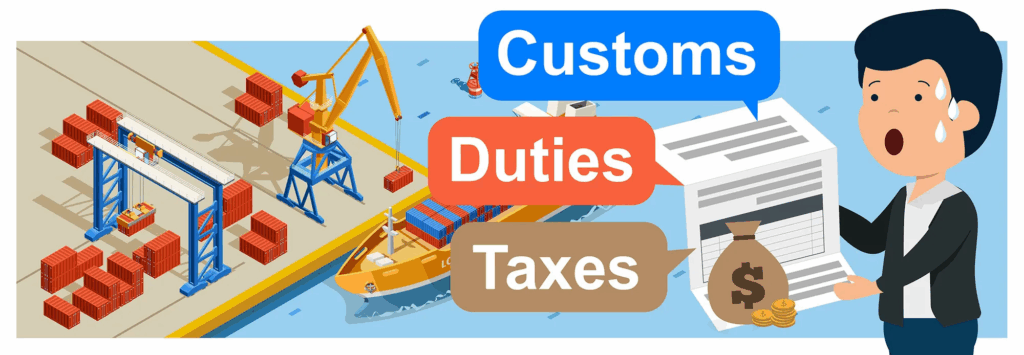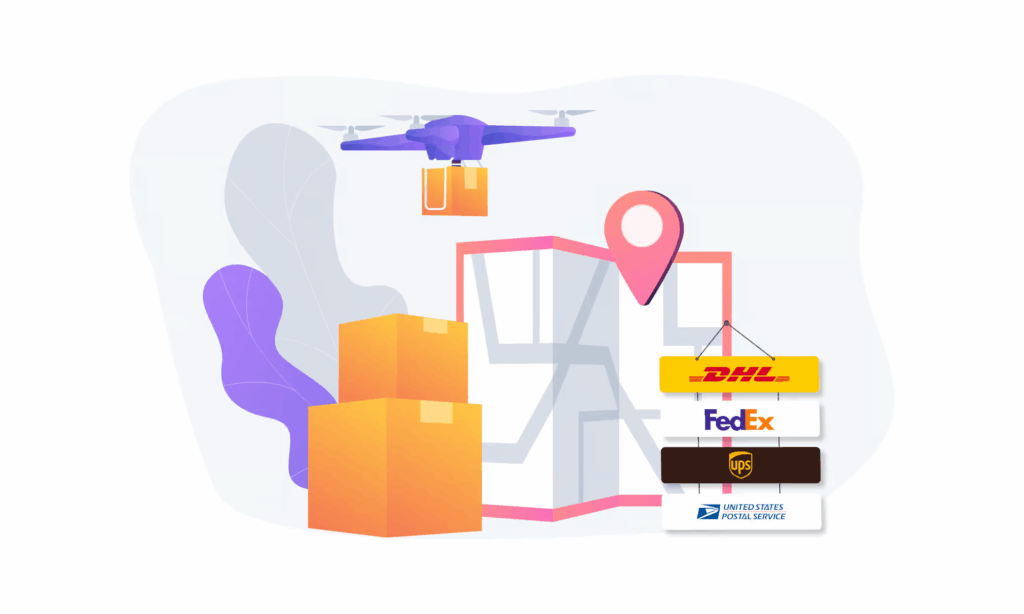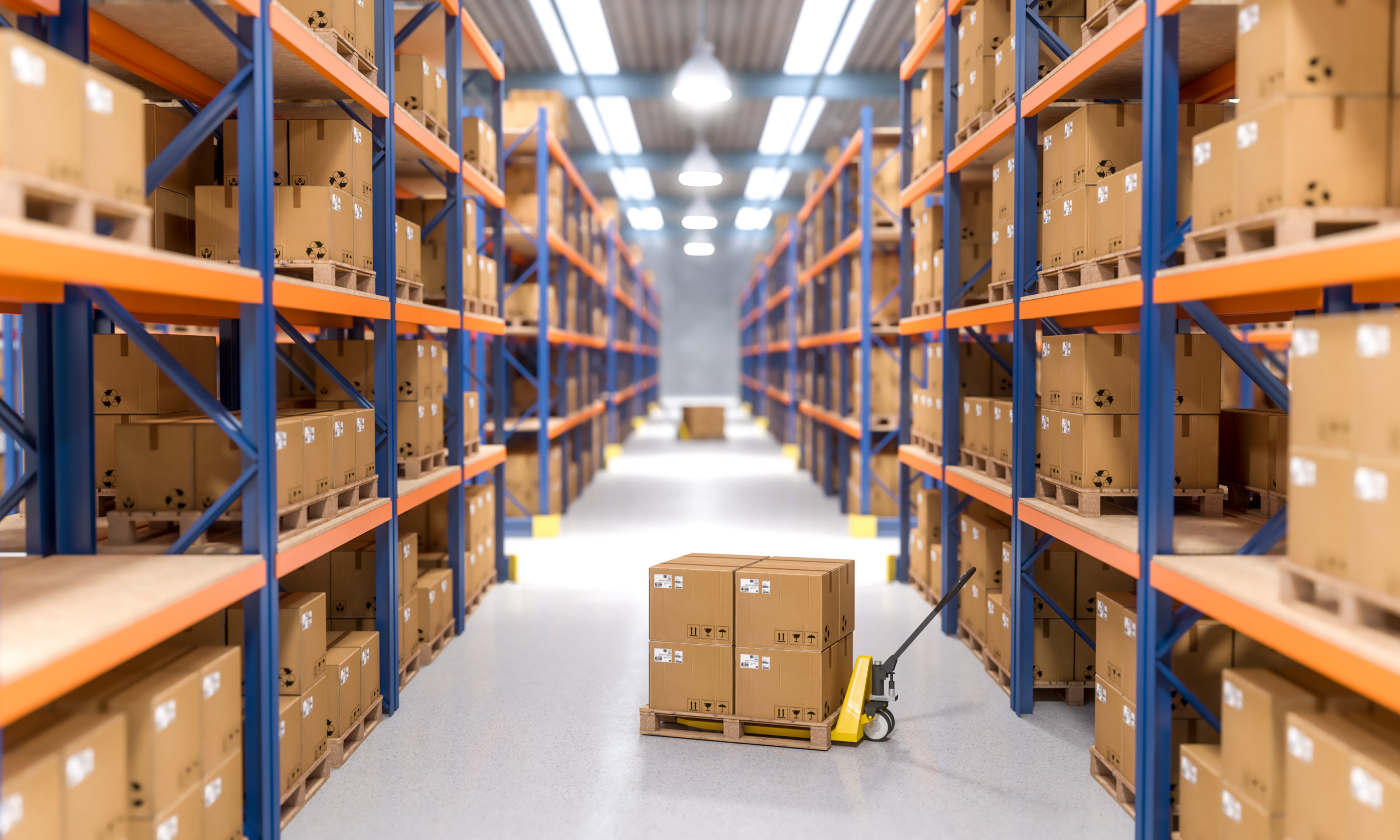Postal Parcel Shipping Integration to Eliminate Customs Delays
Customs delays remain one of the most frustrating obstacles for ecommerce retailers and their customers. Every package that gets stuck in customs creates uncertainty, additional costs, and dissatisfaction. Postal Parcel’s Ecommerce Shipping Integration helps businesses remove these roadblocks by simplifying documentation, automating compliance, and enabling real-time communication. With fewer customs delays, retailers can expand globally with confidence and deliver a smoother customer experience.

1. Why Do Customs Delays Hurt Ecommerce Businesses?
1.1 How Do Delays Impact Customer Experience?
When packages are delayed at customs, customers often feel powerless. They may wait days or weeks without clear information about where their order is. This uncertainty generates negative reviews, abandoned carts in future purchases, and repeated support inquiries. Customers want the same speed and transparency in international orders as they do with domestic shipping, and delays undermine that trust.
1.2 What Are the Financial Costs of Delays?
Delays not only damage reputation but also increase costs:
- Warehousing fees while shipments remain in customs facilities
- Refunds issued to impatient customers who cancel orders
- Costs associated with returned or destroyed goods
For many retailers, these costs make international expansion look risky. Without a reliable system, cross-border sales can drain profits instead of growing them.
2. How Does Ecommerce Shipping Integration Solve Documentation Issues?
2.1 Why Is Documentation the Main Cause of Delays?

Incorrect or missing paperwork is the top reason shipments are held at customs. Manually filling forms is time-consuming and prone to human error. Inconsistent product descriptions, missing HS codes, or incomplete invoices all create red flags for customs officers, resulting in delays or penalties.
2.2 How Does Integration Automate Documentation?
Postal Parcel’s Ecommerce Shipping Integration generates and attaches documentation automatically:
- HS codes and accurate product details are pre-filled
- Invoices and declarations are digitally attached
- Standardized formats are applied across carriers
By eliminating errors and ensuring consistency, automation speeds clearance and minimizes customs holds. Retailers no longer need to worry about missing fields or incorrect entries.
3. Can Integration Simplify Duties and Taxes?

3.1 Why Are Duties a Source of Confusion?
Many customers abandon purchases when they see unexpected duties or refuse to pay additional fees at delivery. Lack of clarity on duties leads to disputes, delays, and returned shipments.
3.2 How Does Integration Provide Clarity?
Postal Parcel’s system calculates duties and taxes during checkout:
- Customers see landed costs before payment
- Retailers can apply Delivered Duty Paid (DDP) to handle fees upfront
- Tax compliance is automated, avoiding misreporting
This transparency prevents disputes at borders. Buyers pay with confidence, knowing there are no hidden costs. Retailers benefit from smoother clearance and happier customers.
4. How Does Multi-Carrier Access Reduce Customs Risks?

4.1 What Happens When One Carrier Faces Delays?
Relying on one carrier is risky. Labor strikes, technical issues, or policy changes can create sudden bottlenecks. Retailers depending on that carrier face cascading delays.
4.2 How Does Integration Provide Flexibility?
Postal Parcel’s Ecommerce Shipping Integration connects with multiple carriers through one platform:
- Businesses compare carrier performance, cost, and customs clearance history
- Packages can be routed through carriers with proven reliability in specific regions
- If one provider is disrupted, another option is available
This flexibility helps retailers maintain consistent delivery times, even during unforeseen challenges.
5. Can Data Insights Help Avoid Customs Delays?
5.1 How Do Data Reports Improve Decision-Making?

Data helps retailers identify patterns that manual observation would miss. Customs clearance success often depends on region, carrier, and product type.
5.2 What Insights Does Integration Provide?
Postal Parcel offers detailed reporting tools:
- Countries with higher or lower clearance success rates
- Carriers with consistent performance in specific markets
- Seasonal patterns, such as holiday slowdowns
Retailers can adjust strategies based on data, choosing carriers with the best records and preparing customers for realistic delivery timelines.
6. How Does Proactive Communication Improve Customer Trust?
6.1 Why Is Communication Critical During Customs Checks?
Silence during customs holds creates frustration. Customers who feel uninformed are more likely to request refunds or leave negative feedback.
6.2 How Does Integration Keep Customers Informed?
Postal Parcel enables automated, branded notifications:
- Real-time updates show customs status directly in tracking
- Alerts by email or SMS inform buyers of progress
- Branded tracking pages provide a familiar environment with support links
Proactive communication reassures customers. Even if a delay occurs, being informed helps maintain trust and reduces unnecessary support tickets.
7. How Does Ecommerce Shipping Integration Support Global Growth?
7.1 What Are the Barriers to Cross-Border Expansion?

Many small businesses hesitate to sell internationally due to uncertainty around customs. Without expertise, documentation, duties, and carrier reliability appear overwhelming.
7.2 How Does Integration Remove These Barriers?
Postal Parcel provides a system that simplifies each step:
- Automated customs paperwork
- Pre-calculated duties and taxes
- Multiple carrier connections for flexibility
- Data-driven insights for strategy
This support allows even small retailers to sell globally without fear of customs complications.
8. Why Is Reliable Customs Clearance a Competitive Advantage?
8.1 How Does Smooth Clearance Create Loyalty?
Customers who receive international orders on time with no extra fees are more likely to buy again. They associate reliability with your brand and recommend it to others.
8.2 How Does It Boost Sales Long Term?
- More completed checkouts thanks to transparent duties
- Fewer refunds and support costs
- Stronger reputation in new international markets
Reliable customs clearance becomes part of your value proposition. It separates your store from competitors who continue to struggle with international logistics.
Conclusion
Customs delays remain a challenge for ecommerce retailers worldwide. Postal Parcel’s Ecommerce Shipping Integration eliminates many of these problems by automating documents, clarifying duties, offering carrier flexibility, and enabling proactive communication. Data insights further help businesses optimize strategies and prepare for global growth.
For retailers, this system is more than an operational upgrade. It is a growth strategy that allows expansion into international markets with less risk and greater customer trust. By reducing customs delays, businesses not only protect profit margins but also create stronger, long-term customer relationships.
👉 Learn more at Postalparcel and see how our Ecommerce Shipping Integration can help your business eliminate customs delays and accelerate global sales.
Industry Insights
news via inbox
Nulla turp dis cursus. Integer liberos euismod pretium faucibua







